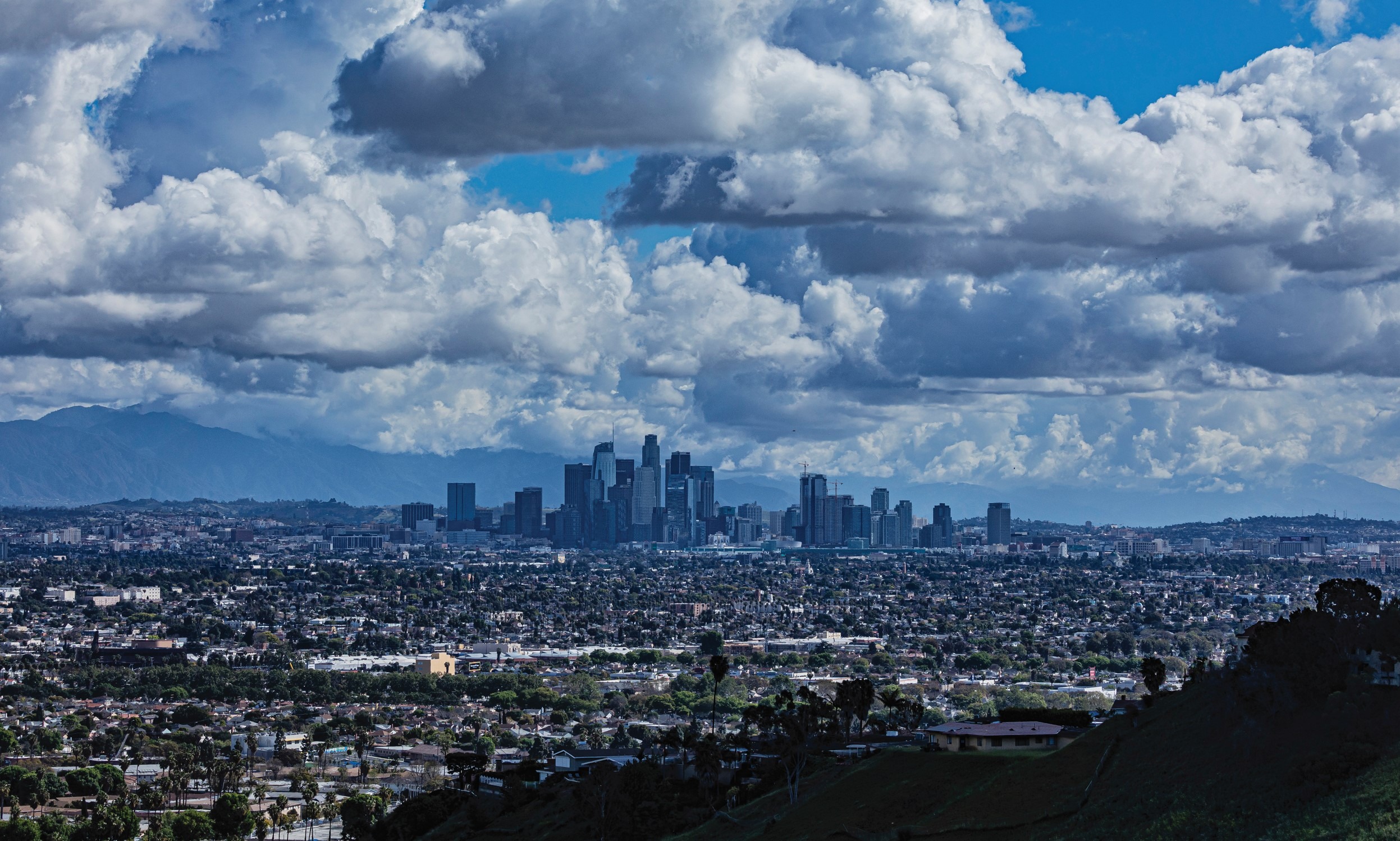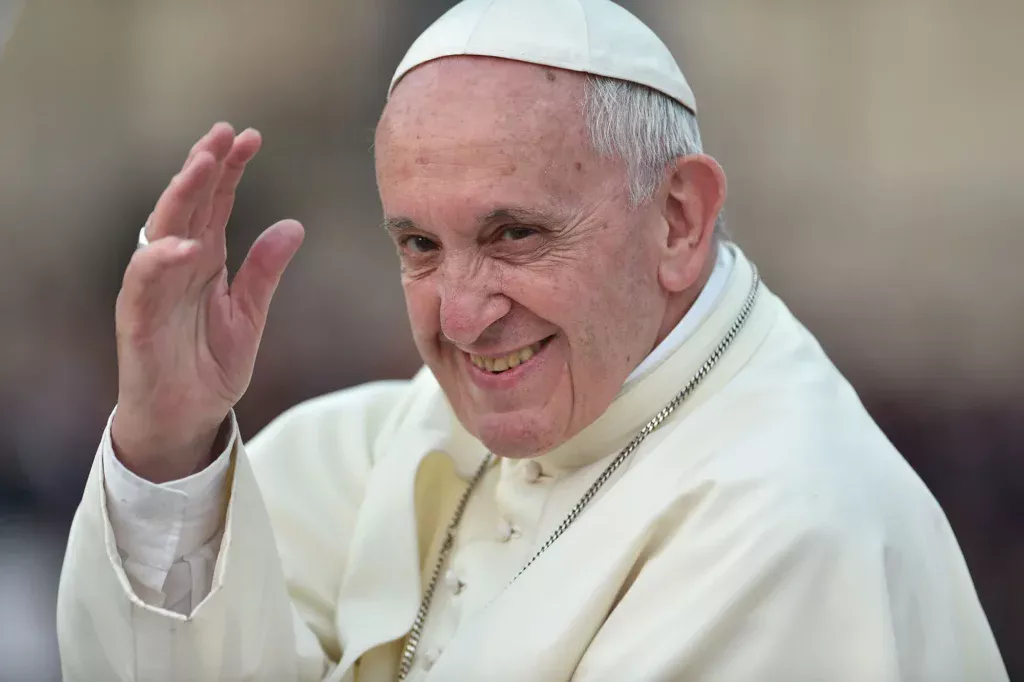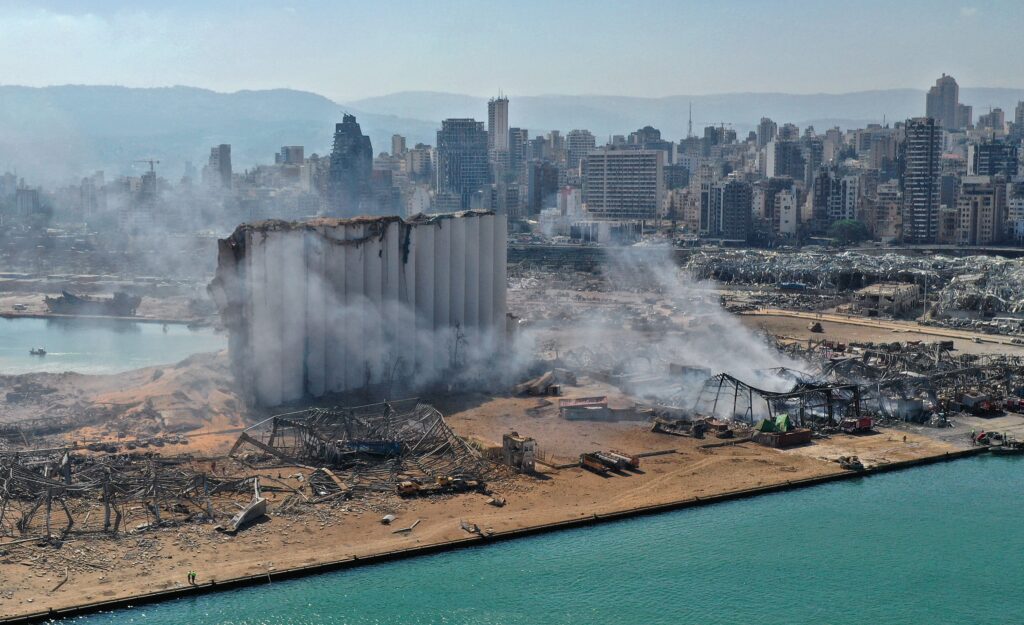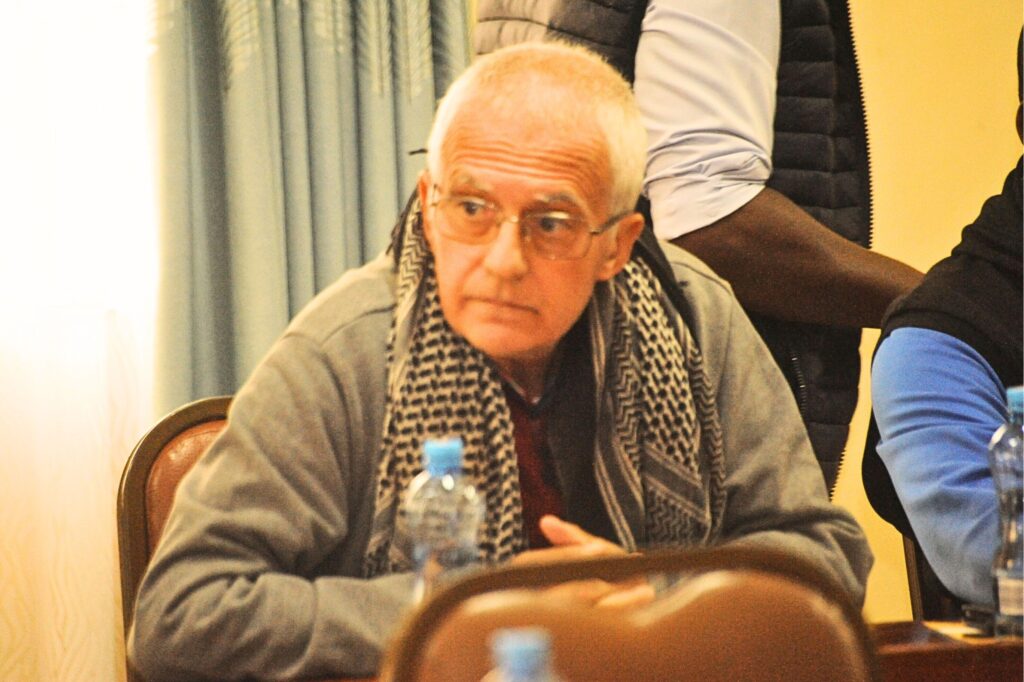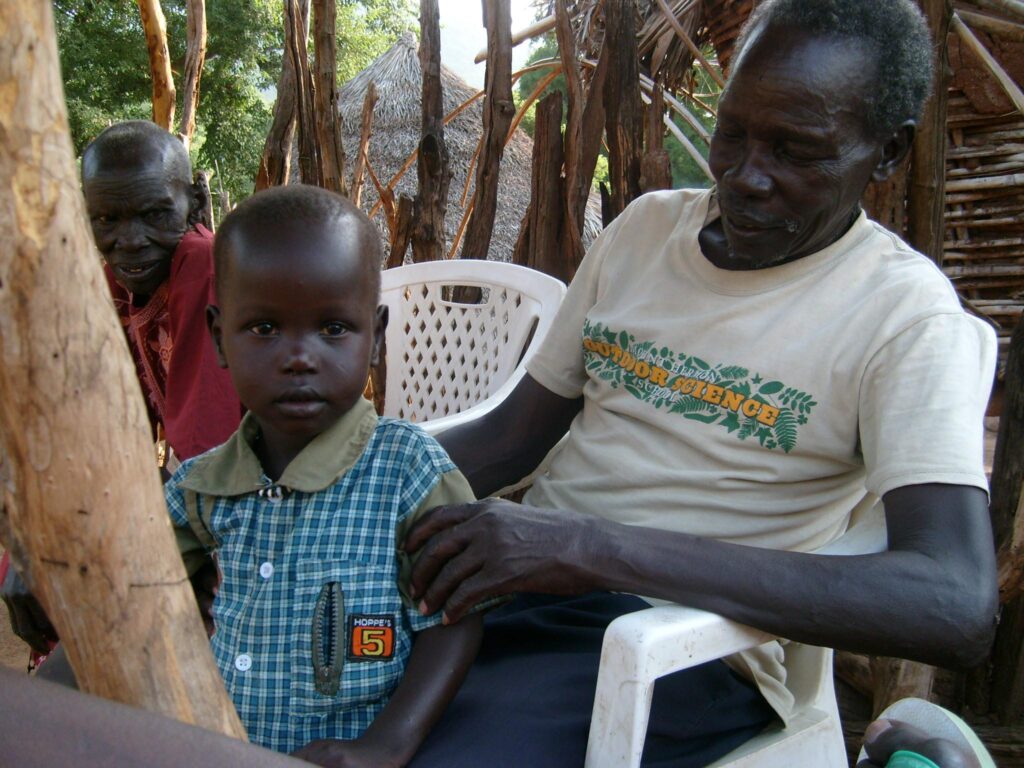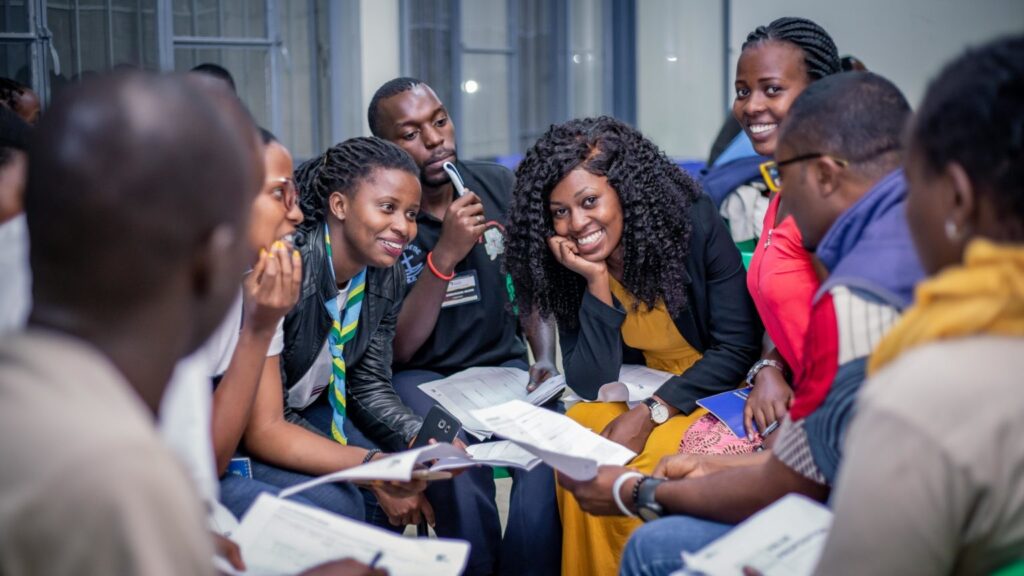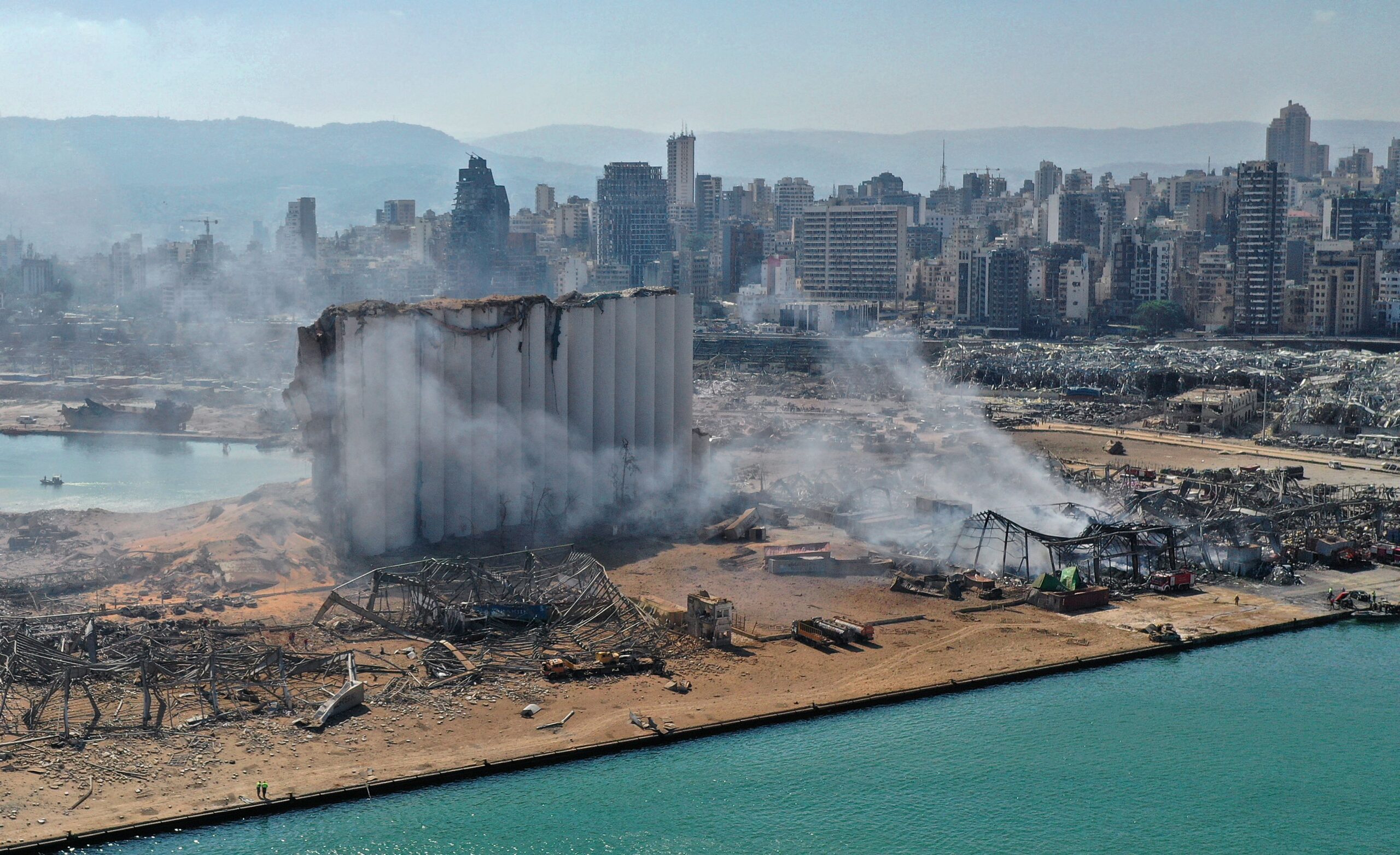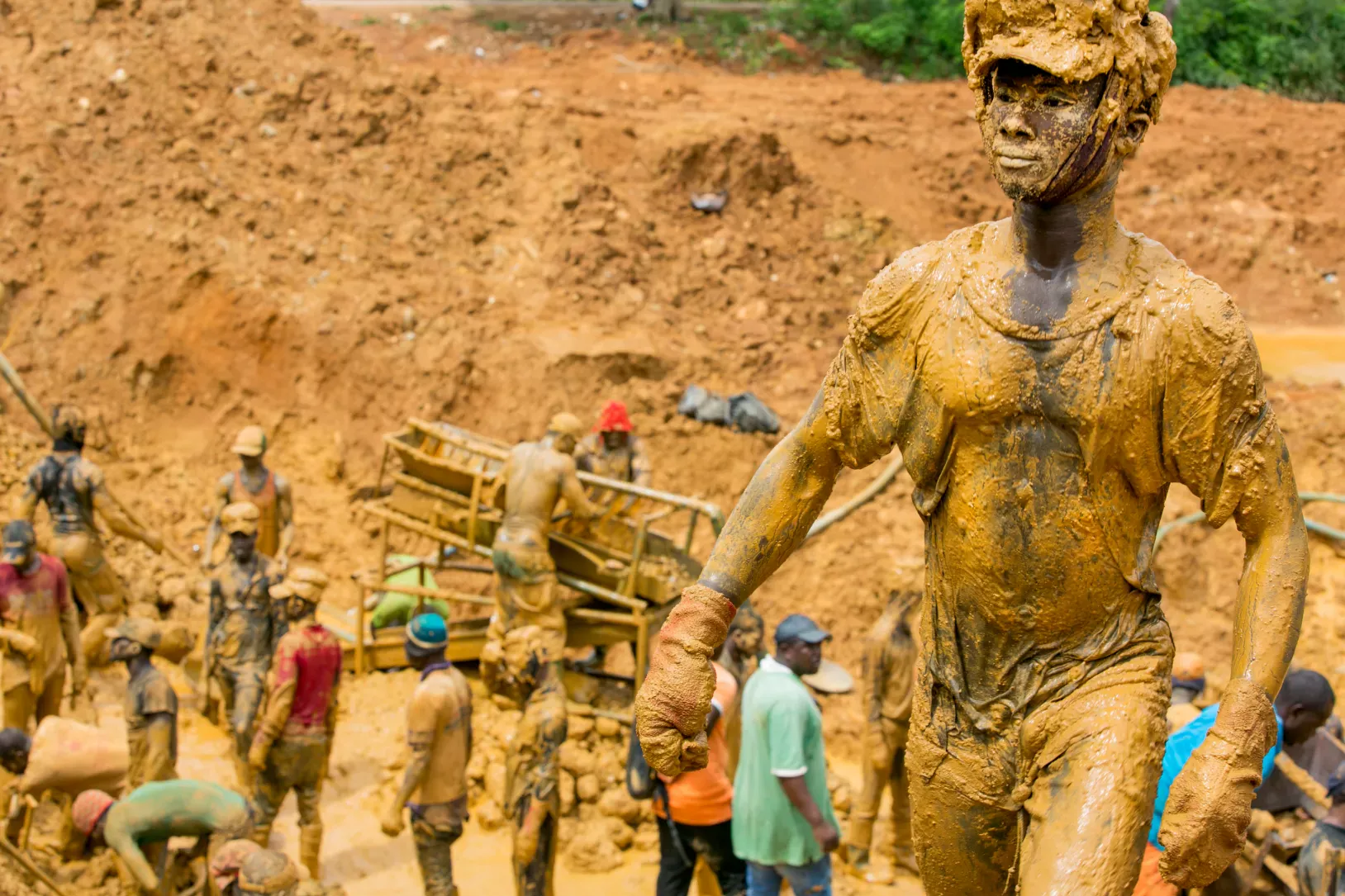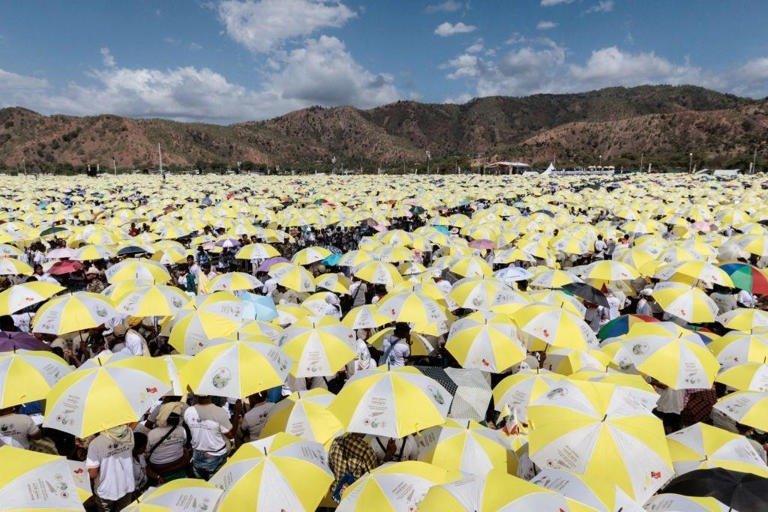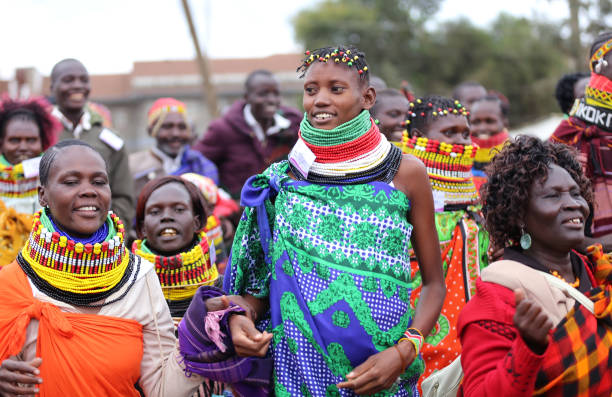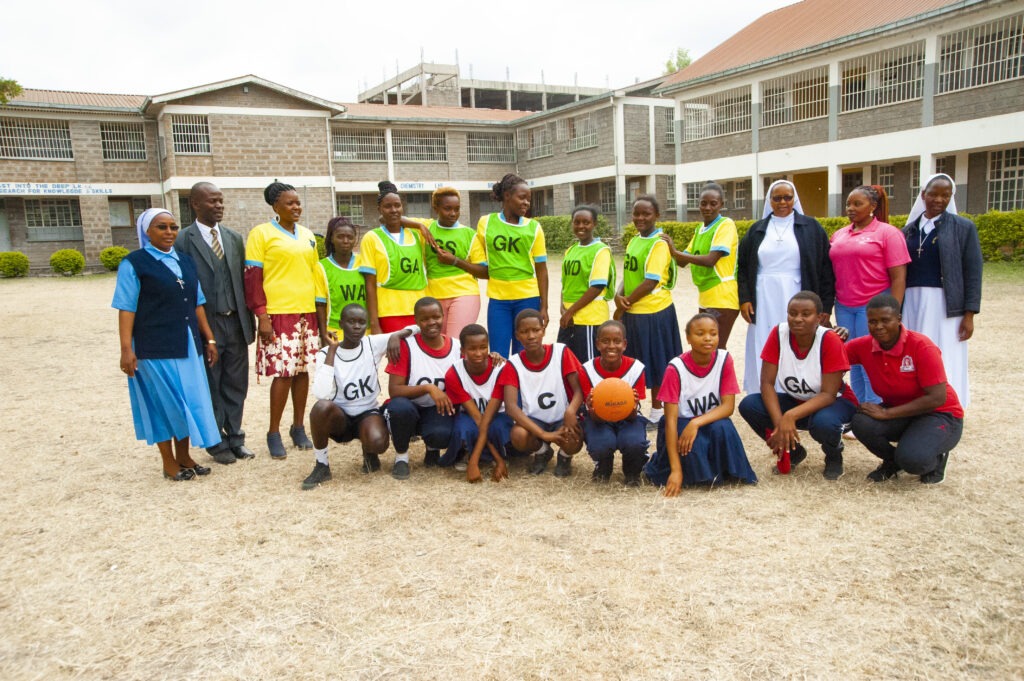Smog, air pollution and global warming may increase Coronavirus risks. In fact, they pose far greater threats to humans than the present pandemic, which demands we rethink our current wasteful lifestyles. There will be no returning to business as usual.
By Peter Knox, SJ
First, I want to extend my sincerest sympathies to people who have lost loved ones, and who have suffered illness, pain, discomfort and loss of education, work, sales or income, due to this terrible pandemic.
Second, I need to say, categorically and upfront, that this pandemic is not “God’s punishment” or “Mother Nature’s revenge” for human misbehaviour. I simply do not believe that our loving God, the Merciful and Just One, causes pain and suffering to chastise people and nations. Nor does nature have a mind, or intentionality, or will of its own to select people, apparently at random, and cause great agony to them and their families.
What I do believe is that there are certain laws of nature – like gravity, electrostatics and motion – which govern biology, chemistry, physics, motor vehicles, weather, etc. They are neither good nor bad, neither virtuous nor evil. They just are. The universe would not hold together, if these laws did not apply always and everywhere. And that is a lot of time and space to cover. The laws have applied since the first moments of creation, and will still be in place until the end of the world – if that ever happens.
Don’t damage the planet – It is the vocation of natural scientists to try to understand these laws, so that, in applying them, humans might try to take advantage of what helps the world, and avoid what could be damaging. The better we understand what causes climate change, viral infections, pollution, illness, environmental destruction, loss of fisheries, traffic accidents, etc., the more we can harness these forces to the advantage of the planet.
There is another whole set of scientists whose vocation is to understand how human beings work – either alone, as psychologists do – or in groups, as sociologists, anthropologists, economists, etc. do. These scientists very seldom agree, because humans are complicated beings, and societies are infinitely more complex. Social scientists are trying to find the truth about the social world, all with their ideological background. Rather than dismiss them as all wrong, it is our duty to listen out for the wisest insights, which sound like they are most in line with Christian principles, and try to apply these for the good of society and our common home.
In some neighbouring countries, life is going on as normal in the markets, schools, shops, churches and mosques, and the people are saying: “God will help us”. The thing is: God has already helped us, by giving doctors, biologists, epidemiologists, international aid, etc. These are the helpers God uses, when we have crises like the current pandemic. Of course, social and religious workers are also there to give consolation, and help us to see God’s love for each one of us in situations like this.
Nobody should be working against the others. This is not a time for competition, but an opportunity for people to work together for the benefit of all humankind. And, as far as I know, God has not changed any universal rule of nature in our time and locality for the benefit of one group.
Nature’s response – I think that Pope Francis has given us a very good insight. On 9th April, he was quoted widely as saying about some ecological problems: “I don’t know if these are the revenge of nature, but they are certainly nature’s responses”. Indeed, nature responds in natural ways.
Take viruses, for example. Viruses and other microbes are transmitted either in the air, or in bodily fluids, or from contact with surfaces on which these microbes are resting. These microbes can jump from one species to another. What biologists call zoonoses are diseases and infections that are naturally transmitted between people and vertebrate animals, and vice versa.
 In an Asian market, where lots of people come into contact with lots of bats (which were thought to be the origin of this particular coronavirus), we cannot be surprised that diseases hop from animals to humans.
In an Asian market, where lots of people come into contact with lots of bats (which were thought to be the origin of this particular coronavirus), we cannot be surprised that diseases hop from animals to humans.
This is one of the great dangers of ‘bushmeat’ in Africa. Humans do not have immunity to the diseases that these animals carry, and so can become victims of the pathogens the animals have. Do we remember diseases named: bird-flu; swine-flu; mad-cow disease? These are all instances when a disease jumped from animals to humans.
Controversially, many scientists believe the same happened with HIV. Similar infections appeared in buffaloes, lions, and monkeys, at the same time as in humans, devastating the immune systems of all of them. These were caused by bovine, feline, simian and human immunodeficiency virus, respectively. Judge for yourself whether this is a case of zoonosis.
Another equally worrying dimension of ‘bushmeat’ is that it is leading to the extinction of some of the species of animals that the people are eating. It used to be a sustainable practice, but now so many people are taking so much meat from the wild, that animal species are rapidly being wiped out. And this loss of biodiversity is a danger for our whole planet, not just for the forests that are not going to have those animals to spread seeds or control other species.
Positive aspects – Going back to the Pope’s statement – nature is certainly not taking revenge. It cannot. It does not have a mind or a will. It cannot choose. Yet, the pandemic is not entirely bad for all of us. We cannot deny that the planet is breathing more easily with 80% of flights grounded, 60% of road traffic cut back in some countries, industries shut down for a while, etc. There is less black smoke in the air from matatu (privately owned minibuses – ed.) and truck engines that are burning dirtily. People are being more careful with their resources and not throwing away food as much as usual, or spending money on non-essentials.
I have missed three international meetings. Yet, I am pleased to avoid the stress of international travel, and happy that I will not be putting all of that carbon dioxide into the atmosphere. I really do not mind stepping out of the international ‘jet-set’. Some of the travel is not necessary, and we are learning to meet by video-conference.
Being confined to home, we are appreciating family and domestic things, rather than distracting ourselves with what really does not matter. I have heard that some people are eating more home-cooked meals, and more natural food. Some people have returned to their villages ‘upcountry’, because they think they are healthier there than in the cities. It seems that what is good for us from this situation is also good for the planet.
Season of hope – The pandemic is making many of us rethink our wasteful lifestyle. We should not be in a hurry to get back to ‘life as normal’, because ‘life as normal’ for us is not good for us or for the Earth. In Laudato si’, Pope Francis writes about the “throwaway culture”, in which so much is under-valued and discarded. He writes, disturbingly, that our common home is beginning to look like one great pile of filth.
One thing that worries me is that I am seeing more single-use supposedly ‘disposable’ masks and gloves littering Nairobi. Only people in medical situations require these surgical masks and gloves. The rest of us can use attractive and fashionable three-layer face masks. If our planet is sick, how do we imagine that we will live healthy lives? Scientists around the world are writing articles like: “Doctors warn that climate change makes people sick” and “Sick planet, sick people”.
My hope is that this upsetting experience of one small coronavirus will make us all a lot more reflective, and that we will undergo what Pope Francis calls “an ecological conversion”. If Easter is the season of hope, and faith in God’s victory over death, it would be good for us to emerge from this pandemic as an ‘Easter People’. We will have greater care for each other and for our common home, and give our children hope for the future.

